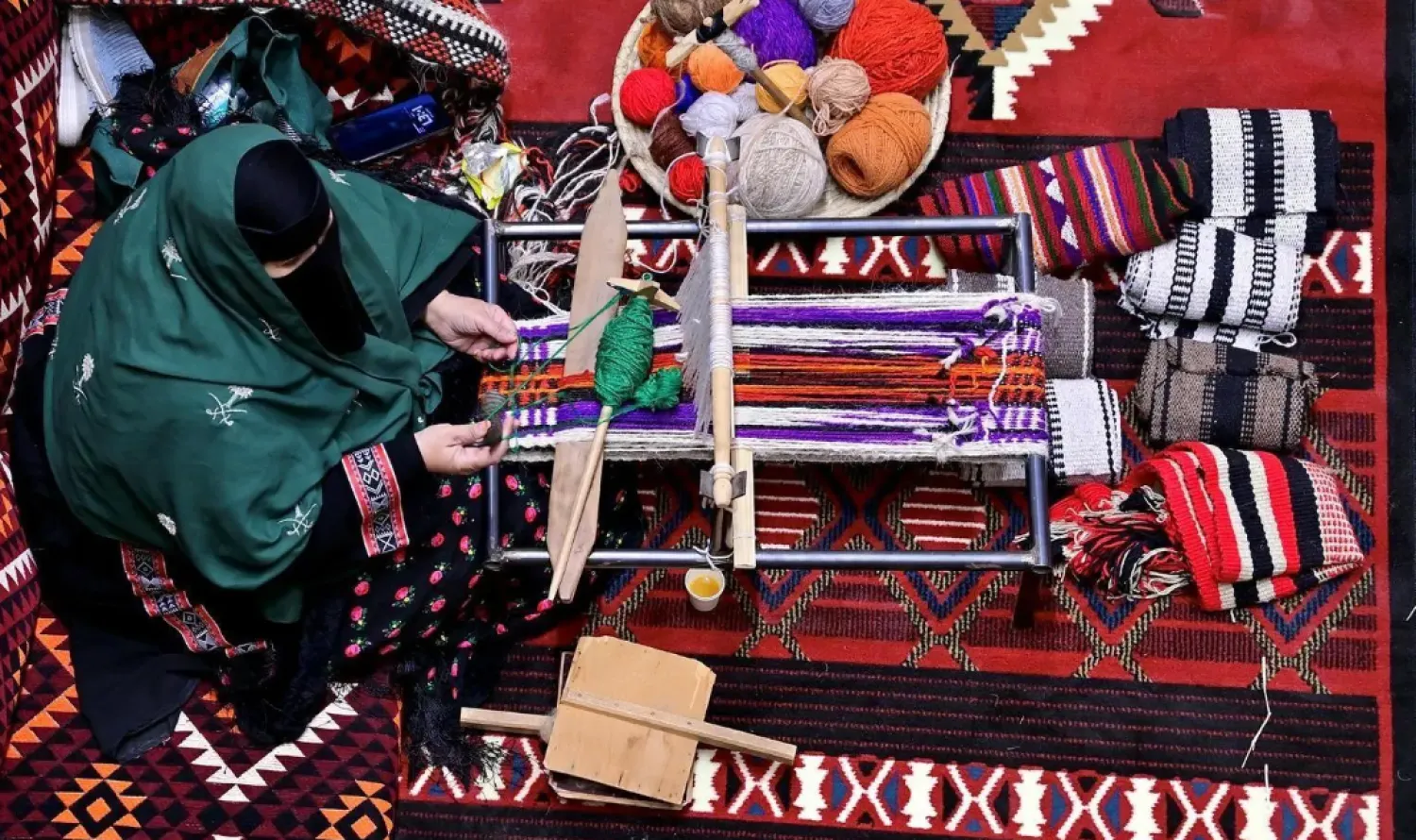The city of Aswan has launched the 11th edition of the Aswan International Festival of Art and Culture, in a morning event that hosted 15 folkloric Egyptian, Arab and international ensembles, on Sunday.
Co-organized by the ministry of culture and the Aswan governorate, the festival is aimed at promoting folkloric arts and emphasizing the cultural heritage of several countries, as well as highlighting the natural charm of Aswan, said the Aswan governorate in a statement on Facebook.
“The festival is special because it is held on the Nile,” Doha Assy, Egyptian author, parliament member and member of the parliament’s culture committee, said in the opening ceremony. “This incredible launch on the Nile underscores the significance of the river in the popular culture,” she told “Asharq Al-Awsat”.
“The festival combines two things: folklore and popular art. Each country brings its own culture and folklore in special art performances, shedding lights on the diversity of identities and the harmony that it creates,” she added.
The festival runs until February 22, coinciding with a special astronomical event, the alignment of the sun with the King Ramses II temple in Abu Simbel. The phenomenon occurs twice a year, on February 22, on which started the cultivation season in Ancient Egypt, and on October 22, the birthday of King Ramses II and the anniversary of his crowning.
The Egyptian MP said they watched “amazing shows from Mexico, Sudan and Palestine during the opening.
During the event, Aswan is set to embrace a number of artistic and cultural events, including the Aswan Sculpture Symposium, which hosts Egyptian and international artists.
Assy noted that “the festival of art and culture has all the potentials to become a major tourism event,” describing the foreign ensembles as “ambassadors of their countries to Egypt.”









